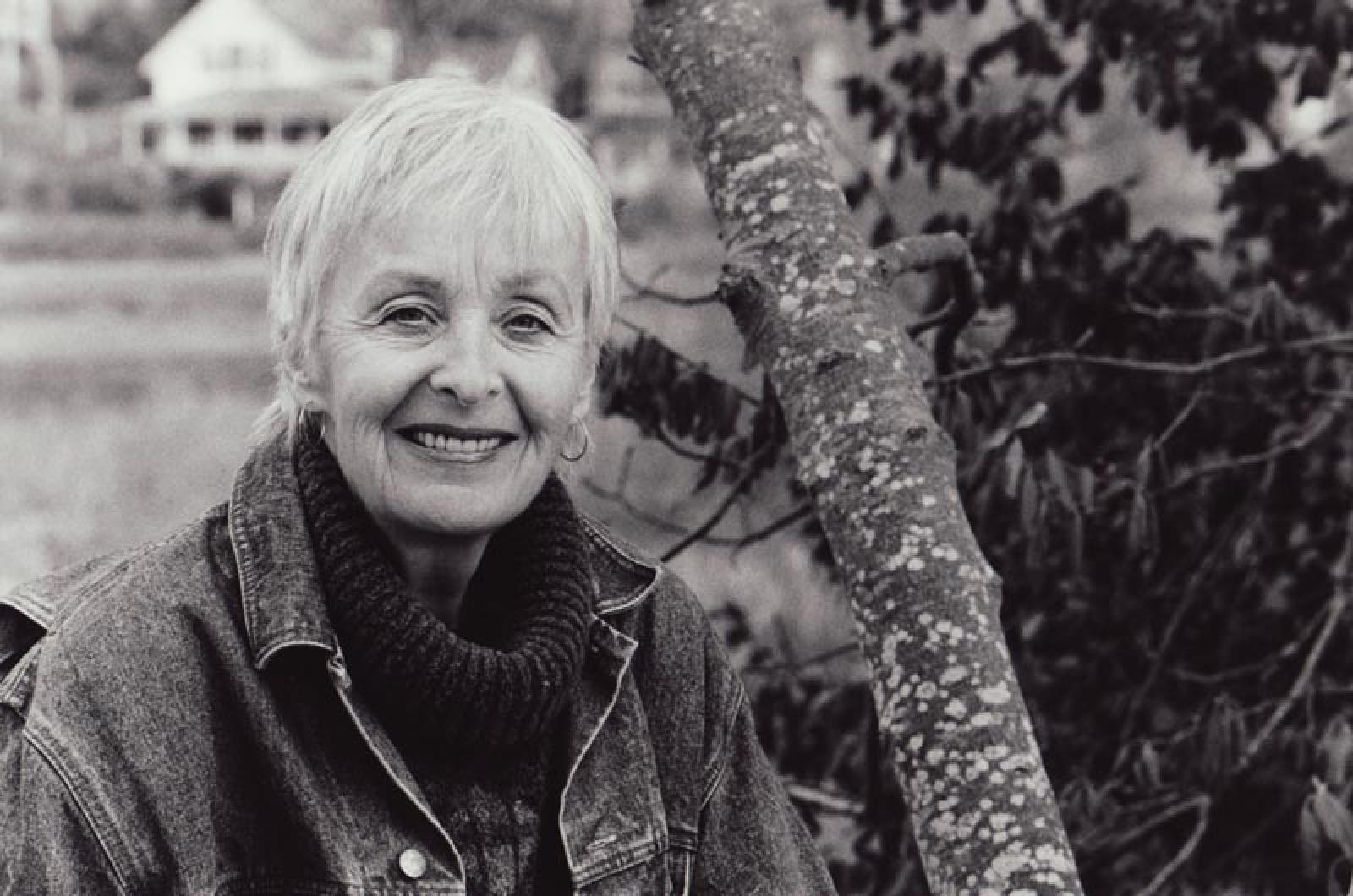Carol Carrick, the well-known children’s author whose books have had a cherished place on family bookshelves and in children’s rooms in public libraries for more than 40 years, died last week in her West Tisbury home. She was 78.
Mrs. Carrick wrote nearly 50 books for children and young adults including a series based on her son Christopher and another one about her son Paul. Her earliest books were illustrated by her late husband Donald Carrick, an acclaimed artist and children’s book illustrator who died 1989. In the past decade Mrs. Carrick had teamed up with her grown son Paul, who also is an artist and book illustrator.
Always self-effacing about her work, Mrs. Carrick earned a reputation through the years for her sensitive treatment of difficult subjects, including alcoholism, learning disabilities and the death of a parent.
“Her gift is for exploring the world as a child experiences it, in all its astonishing, terrifying, marvelous variety,” wrote Ruth Mehrtens Galvin in a 1990 review for the Gazette of In the Moonlight Waiting, the final collaboration between Mrs. Carrick and her husband. “Her children make us gasp as they dare the things that children dare. Their matter-of-fact cruelty towards other kids, and how they learn as they grow — that you have to get up in the morning even when your best friend deserts you, that sometimes you have to accept people the way they are, that help comes from the most unexpected sources, and that you can do things neither you nor anyone else thought you could — all this we find in Carol Carrick’s books.”
Carol and Donald Carrick moved to the Island from Greenwich Village in 1972, spending winters at their modest house on High street in Edgartown and summers in a cabin they owned in northern Vermont. Both places provided inspiration for her stories.
“I’m a real townie,” she told the Gazette in an interview on the occasion of the publication of her 46th book (27 were written on the Vineyard). “I walk around and look at people, at how things change in store windows, at what’s gone, at birds and insects and blades of grass . . . The ideas are everywhere; you just need to look.”
Her first book was The Old Barn, published in 1966 and primarily a vehicle for Donald’s illustrations.
Their first son Christopher was born the following year and inspired a series of stories about his adventures sleeping outdoors, losing his dog, finding his way to the country store, coping with the death of his dog, finding a new puppy and being left behind in a subway.
Christopher and his brother Paul were both models for the Carrick books as they grew up.
Carol Hatfield Carrick grew up in a suburb of New York city and earned a degree an advertising art from Hofstra College on Long Island. Following college she worked as a layout and mechanical artist at several New York advertising agencies and at Coronet magazine, where she met Donald, a freelance artist at the time. They married in 1965. They collaborated on 37 books before his death. She wrote nine more books after that.
“I never planned to be a writer. I certainly never even thought about children’s books . . . I wanted to be a fashion illustrator,” she told the Gazette in an interview.
Following the death of Donald Carrick, Carol eventually sold her house in Edgartown and moved to West Tisbury.
Her books won many accolades and awards through the years, including from the Saturday Review, the American Bookseller, the American Library Association, The New York Times, the Smithsonian, the Library of Congress, the Christian Science Monitor, and the National Science Teachers Association.
In the 2000 interview with the Gazette Mrs. Carrick offered the flip side of the glamour of being an author.
“I probably do four books to get one accepted. It’s like being an actor, except you don’t have to stand there. The rejection comes in the mail,” she said.
She is survived by her two sons, and by her companion of 23 years and ballroom dancing partner Jack Burton of Edgartown.
A memorial service is being planned. A full obituary will appear in the Friday Gazette.




Comments (8)
Comments
Comment policy »